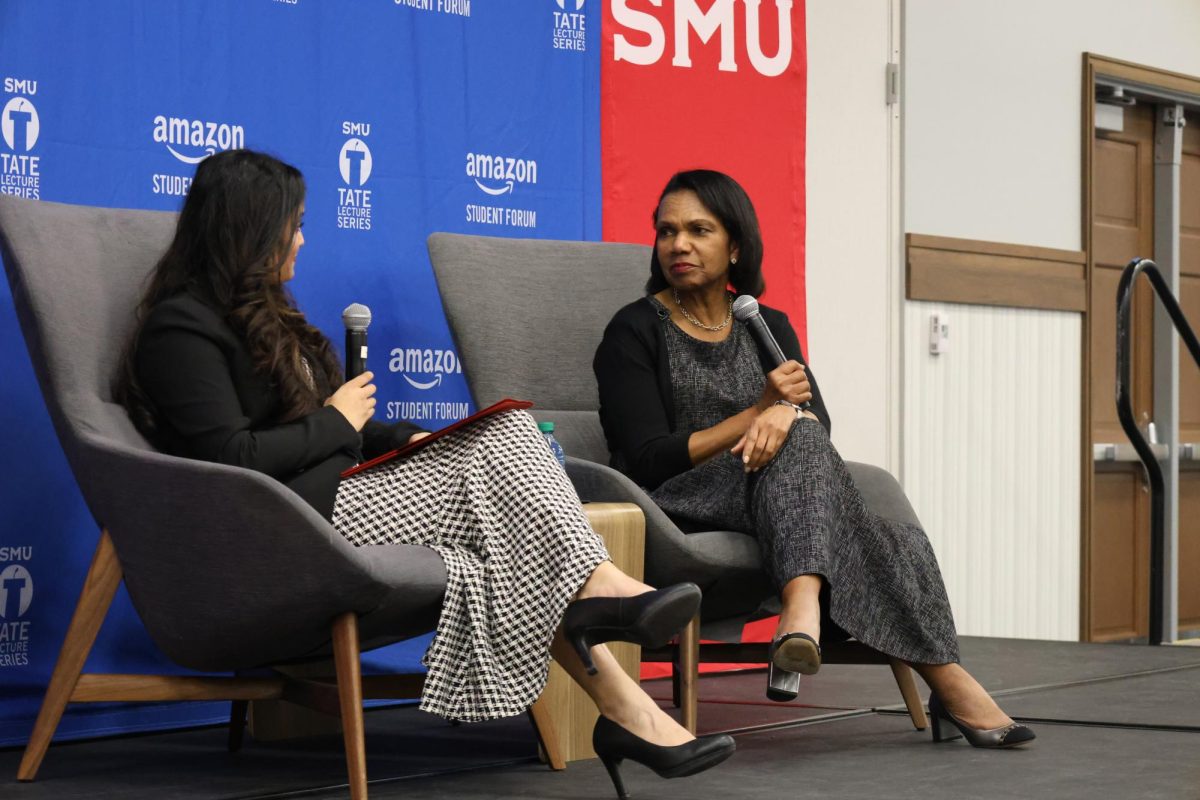In this segment of the DC election coverage, SMU Journalism students share their perspectives on the election and its significance to them based on the guiding question: What is this election about?
Libby Dorin: The 2024 election focused on a fundamental question: Which candidate is best equipped to solve the nation’s problems? Despite the campaign’s heated rhetoric, voters are ultimately faced with a choice between two contrasting visions.
Donald Trump offered a return to his 2016 approach – lower taxes, economic growth, and stronger border security. Kamala Harris, meanwhile, promised a fresh start, arguing for new strategies to tackle abortion, the economy, and a lack of craziness.
This election became a generational decision: tried and true versus something new. In choosing Donald Trump, voters decide that past ideas will serve the country best. In choosing Kamala Harris, they decide that future ideas will serve the county best. This creates a choice: Trump said his prior presidency solved problems; Harris said it didn’t.
Zoe Cohen: I see what you’re saying. The 2024 election really does feel like a crossroads —one side is about returning to past policies, and the other is about moving toward a new approach. Trump’s focus on what worked for him in 2016 appeals to those who want that stability and a sense of familiarity, while Harris offers the promise of change and adaptation to new challenges.
It’s not just a choice of policies, but of whether Americans feel the country’s best days are ahead with new leadership, or whether a return of a past president is the solution that will solve current problems. It’s a tough decision, especially with the stakes so high.
Olivia Jones: I think this election is about what we expect of the presidency and the standards to which they should be held moving forward. In 2020, Donald Trump attempted to overturn the results of the election without evidence and continues to affirm his victory today. He was also found guilty of multiple felony counts since leaving office in 2021.
The quality of leadership and American political discourse since 2016 has been infected with hateful rhetoric and increasing partisanship. The re-election of Donald Trump won’t just amplify such divisions, but it will transform the qualities of united leadership and respect that we should expect from a presidential candidate.
Margo Washburne: I think this election is primarily about people figuring out their individual voice instead of just voting how they are “meant to vote.”
Isabella Popo: For sure. Elaborate.
Washburne: This goes for both parties. I think individuals who used to be dominant advocates for their party are now diverging because of the changing political landscape in the U.S. This has been a large theme in this election. Many former career Democrats and Republicans have said they are supporting the alternative party. What do you think is the reason for this?
Popo: I think it’s probably because these two candidates were nobody’s first pick. Donald Trump somehow won the GOP nomination for a second time, whereas Kamala Harris gained the nomination after Joe Biden dropped out. I keep hearing people say they are “picking the lesser of two evils.”
Washburne: What do you think the election is about?
Popo: I agree with what you said about people figuring out how to vote. Gen Z has normalized going out and telling the world who they are voting for; that never really happened with previous generations.
Washburne: Public discourse about who you are voting for is definitely a new norm. When we were growing up, this was very taboo, and many people kept their opinions close to their chests. Now, it is almost more uncomfortable not to know who someone is voting for. Politics is a common topic among friends and colleagues and can even find itself infiltrating everyday conversations.
Popo: I also think that this election is about the fight for democracy. A lot of people are worried about the future of our country, disregarding economics, immigration, etc. I would say the focus of this election has never been so centered on who the president is as a person.
Washburne: This is a great point. We see this in many of the debates, and other public appearances from Trump and Harris have focused more on personal jabs instead of pressing topics. Thanks to the digital age, we know more about the two’s personal lives than any presidential candidates from the past. With this comes new ammo to be used against them.
Popo: Yes, that is an aspect of the election for sure. However, the character of each candidate has become more of a potent factor in deciding who to vote for this time around. We’ve never seen a prosecutor run against a convicted felon for the presidency of the United States. To me, there is a clear divide in who has a higher moral compass and would be better to lead this country. Does that mean anything to you?
Washburne: To me, policies still mean more than character. Although I think character should play a factor in the election, if someone does not align with my policies, I could never find myself supporting them. Would you ever sway your vote based on someone’s character even if they have different policies than you?
Popo: That’s a tough spot you put me in. Maybe a human with less empathy would focus more on what benefits them the most, so then for them, character comes second. But when we’re talking about sexual assault charges, multiple felonies, and blatant disrespect for half of America, I think this should play a massive part in how you vote. If we elect someone who has nothing to bring to the table besides divisive, racist and hateful rhetoric, I fear our country is headed for bigger problems than economic disparity.
Washburne: America is more divided on politics than any country should be, and I am curious as to how this will change in future elections.
Popo: Me too.
















